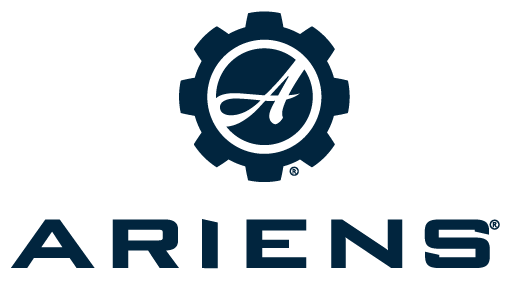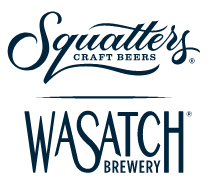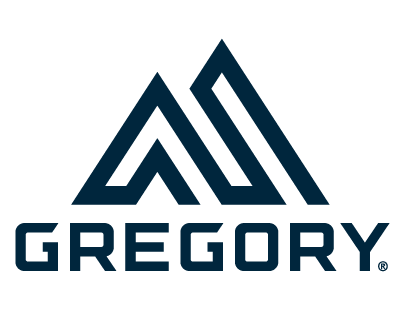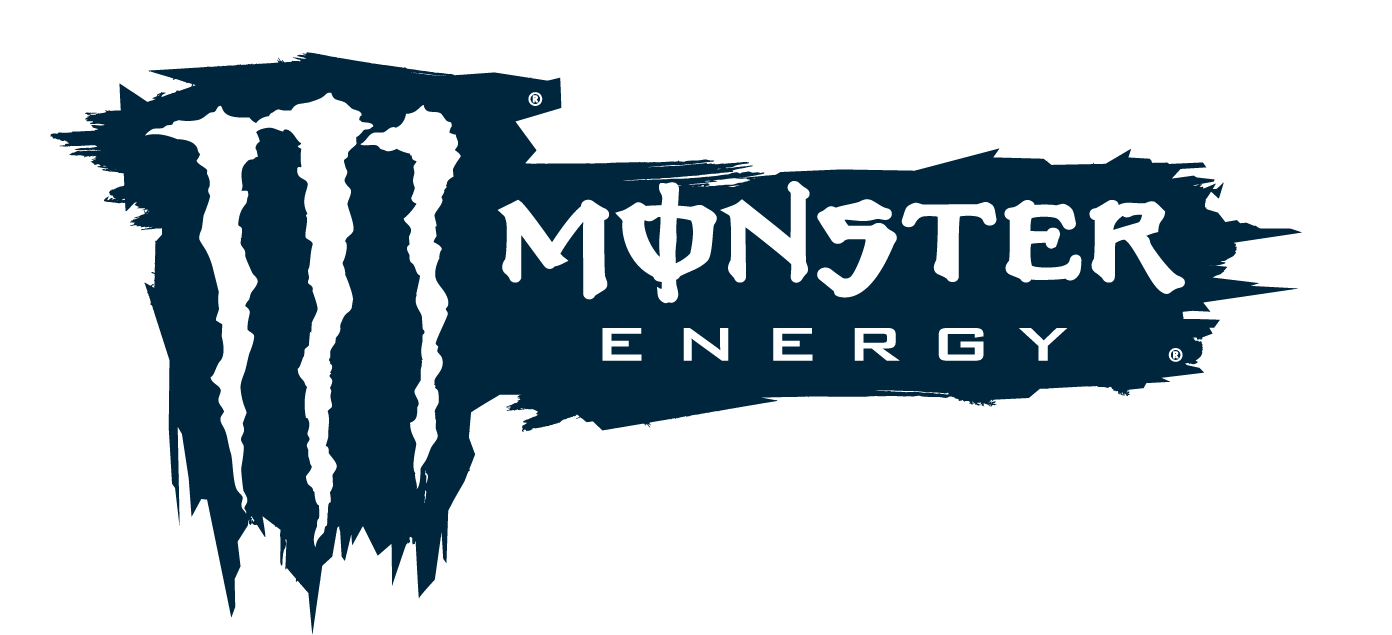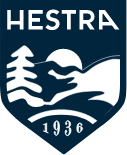Access to expansive skies, dusty trails, and sparkling snow tends to provide great benefit to those lucky enough to spend time outdoors away from screens, beeping machines, trilling phones, and a multitude of daily distractions.
In fact, in a 2019 study including 20,000 adults in the United Kingdom, individuals who spent at least two recreational hours in nature per week demonstrated significantly better health and well-being (Scientific Reports, Vol. 9, No. 1, 2019). But what if access to the outdoors isn’t so straightforward? People with physical disabilities are often left behind yet stand to benefit significantly from exposure to the outdoors and physical activity.
For outdoor-loving humans with adaptive needs, the challenges in just getting outside can be manifold and discouraging. From transportation and parking lot access to dauntingly expensive equipment, it can be overwhelming for those with disabilities to enjoy the recreational opportunities that others can easily attain.
University of Utah Health is aiming to reduce the barrier to recreation with their Technology Recreation Access Independence Lifestyle (TRAILS) adaptive program through the Craig H. Nielsen Rehabilitation Hospital in Salt Lake City, Utah. Specializing in outreach to provide recreation, overall wellness, and education to folks with physical disabilities and disabled veterans, the TRAILS program provides enrichment to those who stand to benefit most from the stress-relieving and healing benefits of time spent outdoors.

TRAILS was founded in 2001 and frequently collaborates with the University of Utah College of Health Sciences and the College of Health. Rehabilitation professionals and specialists have designed TRAILS programming to provide long-term rehabilitation plans with a focus on maximizing the physical and mental health of individuals with disabilities. Year-round programming and activities are offered for free 5-6 days per week in the greater Salt Lake City area. Activities include alpine and Nordic skiing, kayaking, sailing, road cycling, mountain biking, virtual spin classes, swimming, wheelchair tennis, and recoil shooting.
Unlike other adaptive programs, the close relationship between TRAILS and the university allows the organization to employ innovative technology and equipment built and designed right on the university campus. TRAILS works directly alongside the Colleges of Mechanical Engineering and Computer Science, Architecture and Planning, Business, and U of U Health on research and development to create groundbreaking technology and equipment for people with disabilities. By enhancing access to the outdoors and the ways individuals can experience outdoors, TRAILS is able to directly impact and improve the lives of its members. The medical and technical staff at TRAILS fosters a safe and welcoming environment for adaptive athletes and students ranging from beginner to pro.
One such example of homegrown technology at TRAILS is the astonishing TetraSki device developed with the University of Utah Rehabilitation Research and Development Team. Adaptive skiing devices have evolved very little over the past 30 years; you may have seen monoskis or bi-skis cruising around the slopes that feature a bucket mounted to one or two skis. The six-year development and release of the TetraSki shifts adaptive skiing into a new paradigm, allowing people with complex disabilities the ability to ski independently.

The TetraSki was tested extensively through the TRAILS program and replaces the tethered bi-ski approach with a device that a skier can independently control with the use of either a joystick or a sip-and-puff electronically assisted interface (like a straw). Skiers can use either of these interfaces to control turn size, shape, and speed entirely on their own. Skiers with limited strength, high spinal cord injuries, or other diagnosis that encompass upper extremity impairment or asymmetry can use the TetraSki to navigate all types of terrain. For safety, an instructor has a remote-control override and is typically tethered by a single line to the TetraSki to provide braking assistance if needed.
Thanks to TRAILS, the university's Rehabilitation Research and Development Team, and funding from the Craig H. Neilsen Rehabilitation Hospital, access to the TetraSki has been expanding since 2018. TetraSki devices have been distributed to adaptive programs across the USA and as far afield as Davos, Switzerland and Landgraaf, Netherlands.
WANT TO BECOME INVOLVED?
Join TRAILS and donate, volunteer, or participate in the 2nd annual Brian McKenna TetraSki Express downhill race at Powder Mountain in Eden, Utah on March 24, 2023. At this one-of-a-kind bash, skiers with disabilities compete against each other on TetraSkis and Snow’Karts in a giant slalom race. An epic ski party and fundraiser accompany the race to raise awareness and support the global mission of Tetra Sports to provide recreational access and independence to those with complex disabilities.

TRAILS offers free programming for individuals with disabilities who wish to recreate in the greater Salt Lake Area. Outdoor programming, local community events, and equipment loans are all some of the wonderful things offered by TRAILS. CLICK HERE to learn more.
Inquire about volunteer opportunities with the U of U Health Volunteer Office.
Book a lesson or donate to TRAILS - CLICK HERE
Save the Date - TETRASKI EXPRESS - CLICK HERE
This post is sponsored by University of Utah Health



